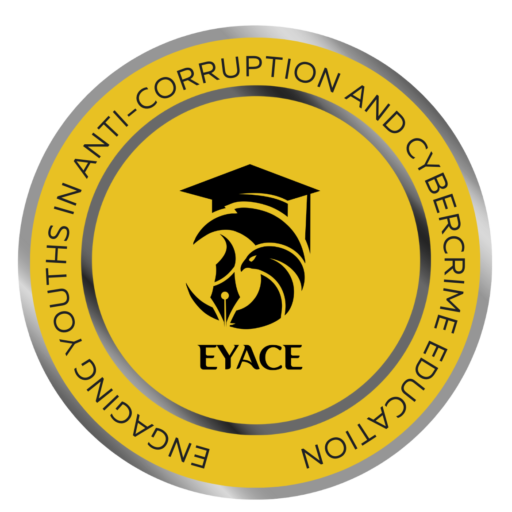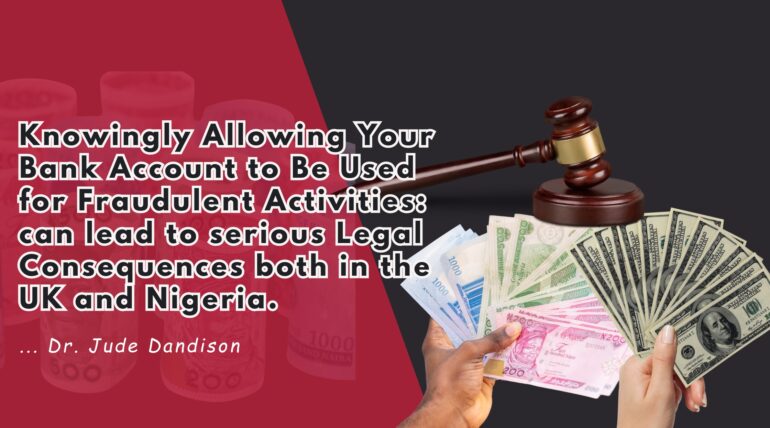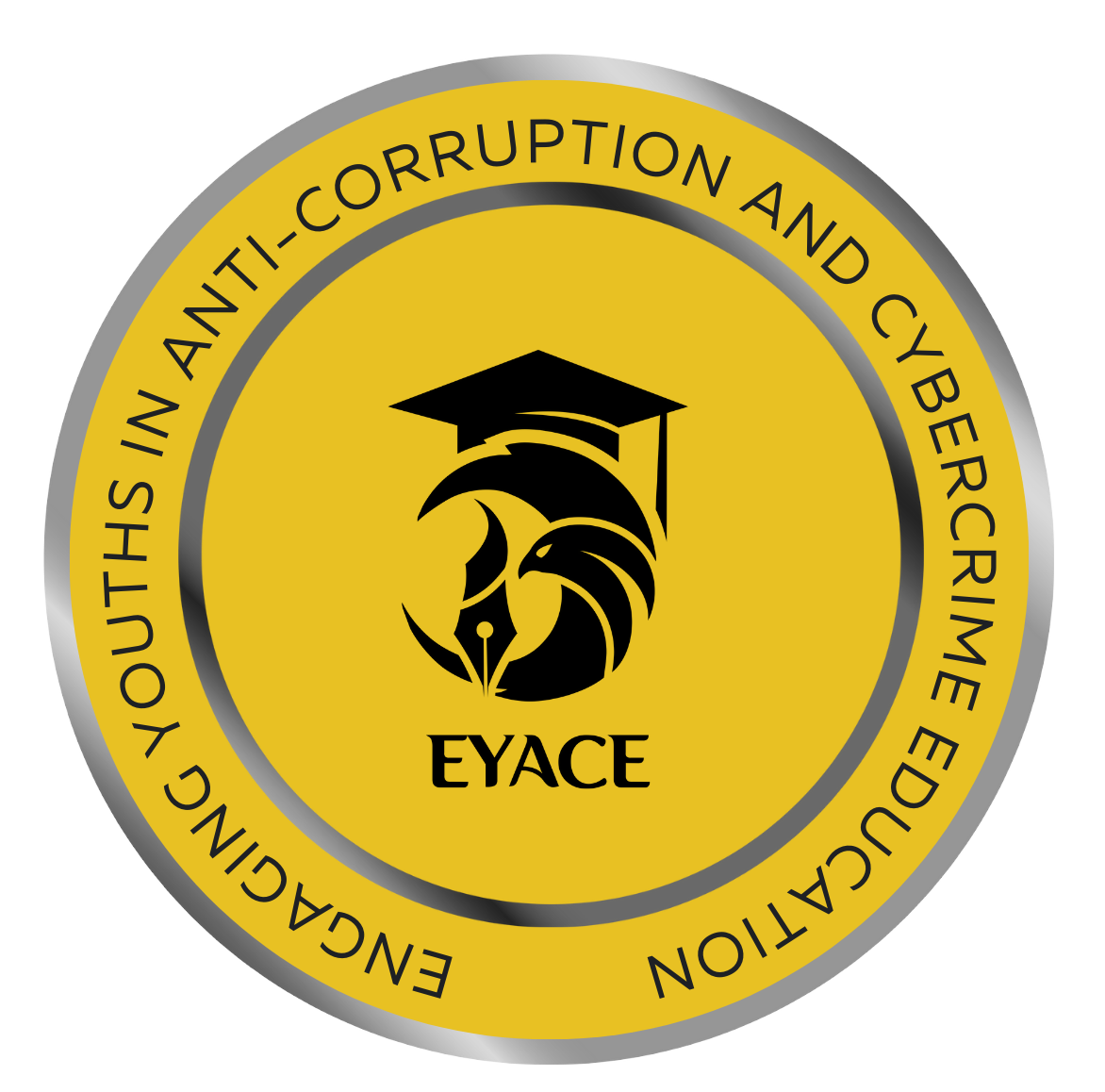The misuse of financial systems for fraudulent purposes is a growing concern globally, and both the UK and Nigeria have robust legal frameworks to address this issue. Knowingly allowing your bank account to be used for fraudulent activities can have severe legal ramifications, including criminal charges, civil penalties, and long-term restrictions on your financial activities. Both the UK and Nigeria have stringent laws that punish individuals who facilitate or enable fraud, even if they are not the primary perpetrators.
Legal Framework in the UK:
In the UK, knowingly allowing your bank account to be used for fraudulent purposes can lead to charges of money laundering, fraud, or aiding and abetting. Various laws and regulations have been put in place to combat these activities, and individuals who fall afoul of these laws face harsh penalties.
Money Laundering (Proceeds of Crime Act 2002)
Under the Proceeds of Crime Act 2002 (POCA), it is an offence to become involved in handling or facilitating the proceeds of crime, including by allowing your bank account to be used for money laundering. Section 327 of the Act makes it a crime to conceal, disguise, convert, transfer, or remove criminal property. If you knowingly allow your account to be used for this purpose, even indirectly, you could be found guilty of money laundering.
In R v Griffiths [2006] EWCA Crim 2155, the court ruled that an individual who knowingly allowed their bank account to be used for fraudulent transfers could be held liable under the Proceeds of Crime Act. Griffiths was convicted for aiding in the concealment of funds from a fraudulent scheme, demonstrating that the courts take such involvement seriously, even if the individual was not directly responsible for committing the fraud (Fraud (Fraud Act 2006)
Under the Fraud Act 2006, you can also be charged with fraud if you knowingly allow your account to be used in fraudulent activities. Section 1 of the Act outlines that fraud can be committed by false representation, failing to disclose information, or abusing one’s position. Allowing your bank account to be used for fraudulent transactions could amount to an abuse of your position and attract criminal charges.
In the case of R v Thorne [2013] EWCA Crim 814, the defendant was found guilty of fraud for allowing their bank account to be used to transfer stolen funds. The court emphasised that knowingly permitting one’s financial resources to be misused constituted fraudulent behaviour.
Legal Framework in Nigeria:
In Nigeria, fraudulent activities are also taken seriously under various statutes such as the Economic and Financial Crimes Commission (Establishment) Act 2004, Money Laundering (Prohibition) Act 2011, and Advance Fee Fraud and Other Related Offences Act 2006. The Nigerian government, through its specialised anti-fraud institutions, enforces these laws to combat the rising cases of financial crimes.
Money Laundering (Money Laundering (Prohibition) Act 2011)
The Money Laundering (Prohibition) Act 2011, as amended, is Nigeria’s primary legislation addressing money laundering. Section 15 of the Act makes it illegal to knowingly engage in any act that involves the conversion or transfer of resources derived from illicit activities. If you allow your bank account to be used for laundering money or other fraudulent purposes, you are liable for prosecution. The penalties include imprisonment of not less than two years or fines of up to N10,000,000.
In the Federal Republic of Nigeria v James Ibori, the former governor was charged with money laundering after allowing various bank accounts, both domestic and international, to be used to transfer funds acquired through illicit means. The court convicted him, demonstrating that even high-profile individuals are not exempt from the law.
Advance Fee Fraud (Advance Fee Fraud and Other Related Offences Act 2006)
Advance fee fraud, colloquially known as “419” in Nigeria, refers to fraudulent schemes where victims are promised large sums of money in exchange for upfront payments. Section 1 of the Advance Fee Fraud and Other Related Offences Act 2006 criminalises the act of receiving, transferring, or holding fraudulent funds. If your bank account is used to receive proceeds from such a scam, you could face up to 10 years imprisonment, depending on the severity of the fraud.
In Nwaigwe v Federal Republic of Nigeria [2007] 12 NWLR (Pt. 1049), the Nigerian Supreme Court upheld the conviction of an individual who allowed his bank account to be used for an advance fee fraud scheme. The case underscores the seriousness with which Nigerian courts view the facilitation of fraud.
Penalties in the UK and Nigeria:
- Imprisonment and Fines:
In the UK, the Proceeds of Crime Act imposes a maximum penalty of 14 years imprisonment for money laundering offences. Under the Fraud Act, sentences can also range up to 10 years, depending on the nature of the crime. In Nigeria, individuals found guilty of money laundering face up to 10 years imprisonment, while fraudsters could receive a sentence of up to 20 years under the Advance Fee Fraud Act.
- Asset Forfeiture:
Both the UK and Nigeria allow the confiscation of assets linked to criminal activities. In the UK, under the Proceeds of Crime Act, courts have broad powers to confiscate the proceeds of crime, even if the property is held in a third party’s name. Similarly, under Nigeria’s EFCC Act, the government can seize assets deemed to be derived from fraudulent or illicit transactions. In Attorney General of the Federation v. Nwaigwe, the Nigerian courts ordered the forfeiture of properties linked to fraud, reinforcing the reach of these laws.
- Long-Term Financial Restrictions:
Aside from criminal penalties, individuals convicted of facilitating fraud may face long-term restrictions on their financial activities:
Bank Account Closures: Banks may freeze or close accounts involved in fraudulent transactions in the UK and Nigeria. In many cases, financial institutions report these activities to central financial authorities, affecting the individual’s ability to open new accounts.
Credit Restrictions: A conviction can affect your credit rating, making it difficult to access loans, mortgages, or other financial products in both jurisdictions.
- Professional Disbarment:
In the UK, professionals found guilty of financial misconduct may lose licences to operate in their fields (e.g., financial advisers, accountants), while in Nigeria, similar actions can be taken by regulatory bodies, such as the Nigerian Bar Association or the Chartered Institute of Bankers.
Conclusively, allowing your bank account to be used for fraud can lead to severe legal and financial consequences under UK and Nigerian law. The Proceeds of Crime Act and the Money Laundering (Prohibition) Act are designed to prevent individuals from knowingly facilitating financial crimes, while the Fraud Act and Advance Fee Fraud Act provide further protections against fraud. Ignorance is no defense, and courts in both jurisdictions have consistently held individuals accountable for their direct or indirect involvement in fraudulent activities.
Protect yourself by remaining vigilant about the source and nature of transactions involving your accounts. If you suspect your bank account is being used for illegal activities, report it to the authorities immediately to mitigate potential liability.








